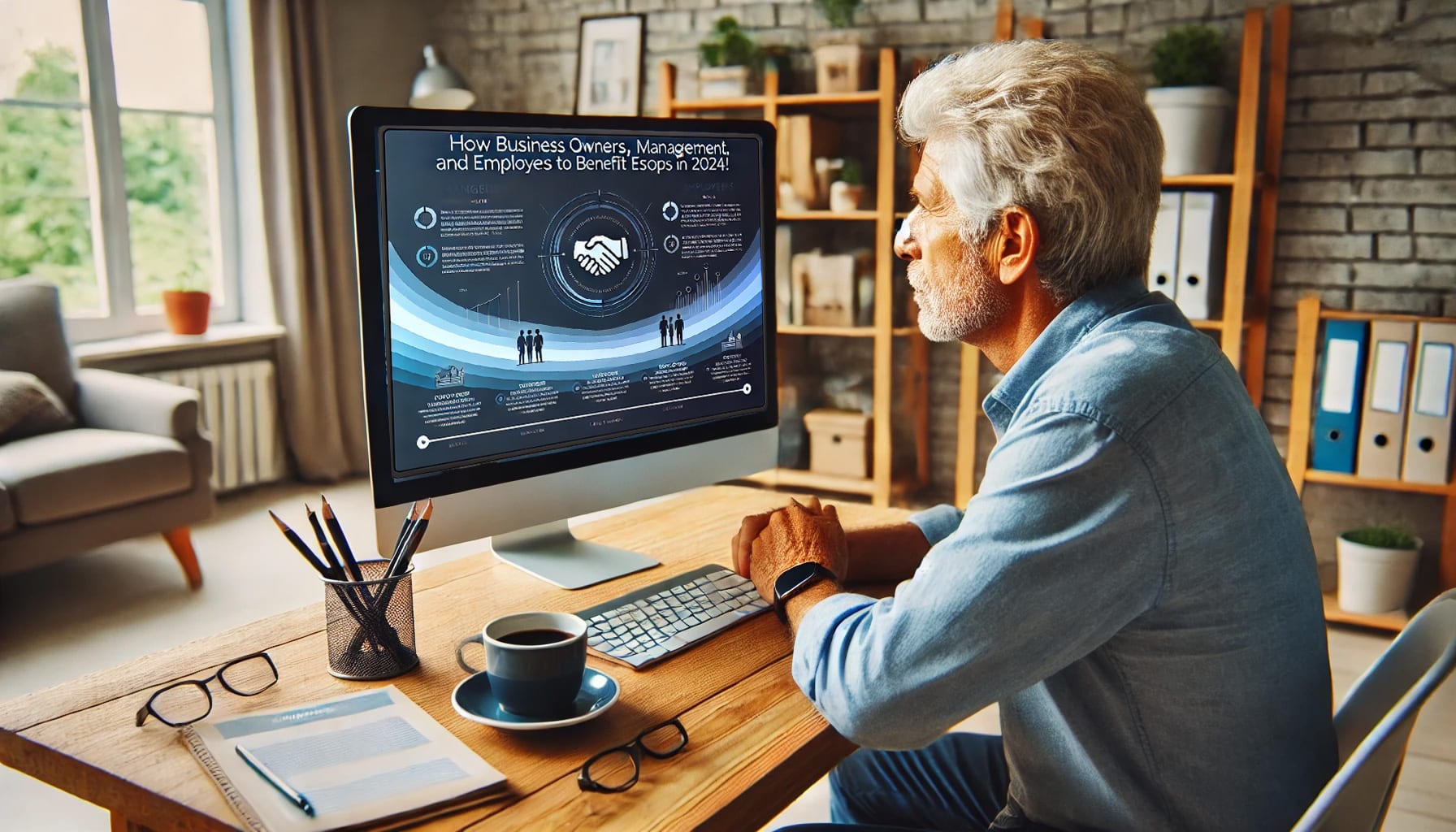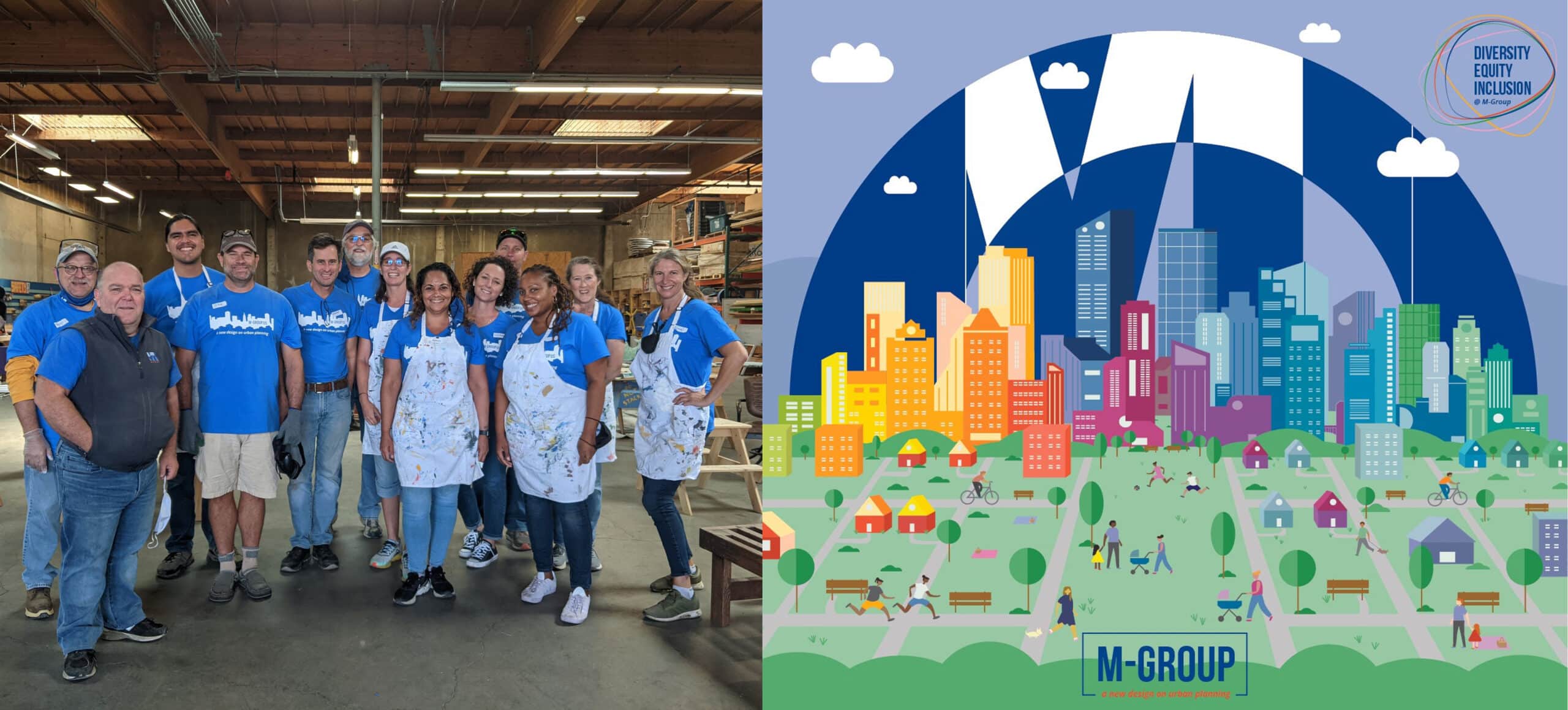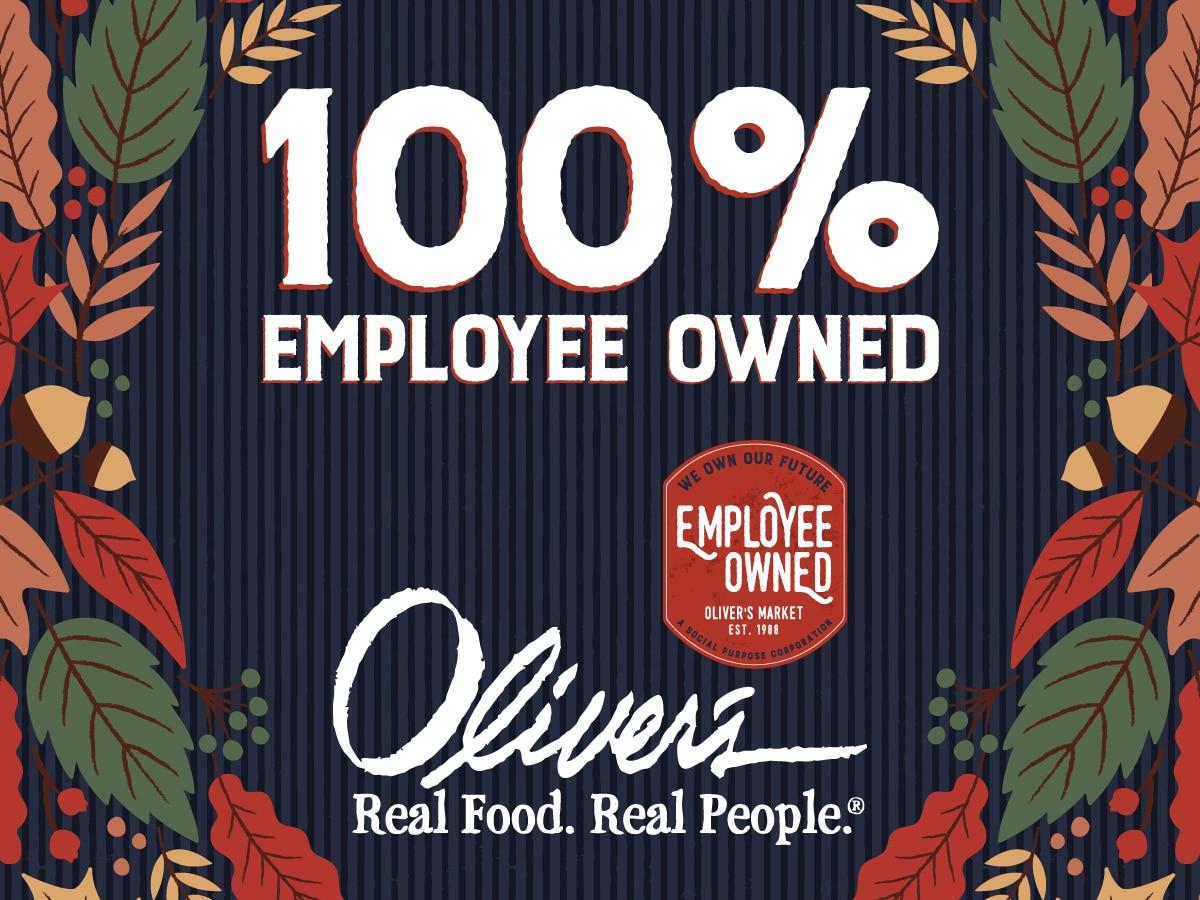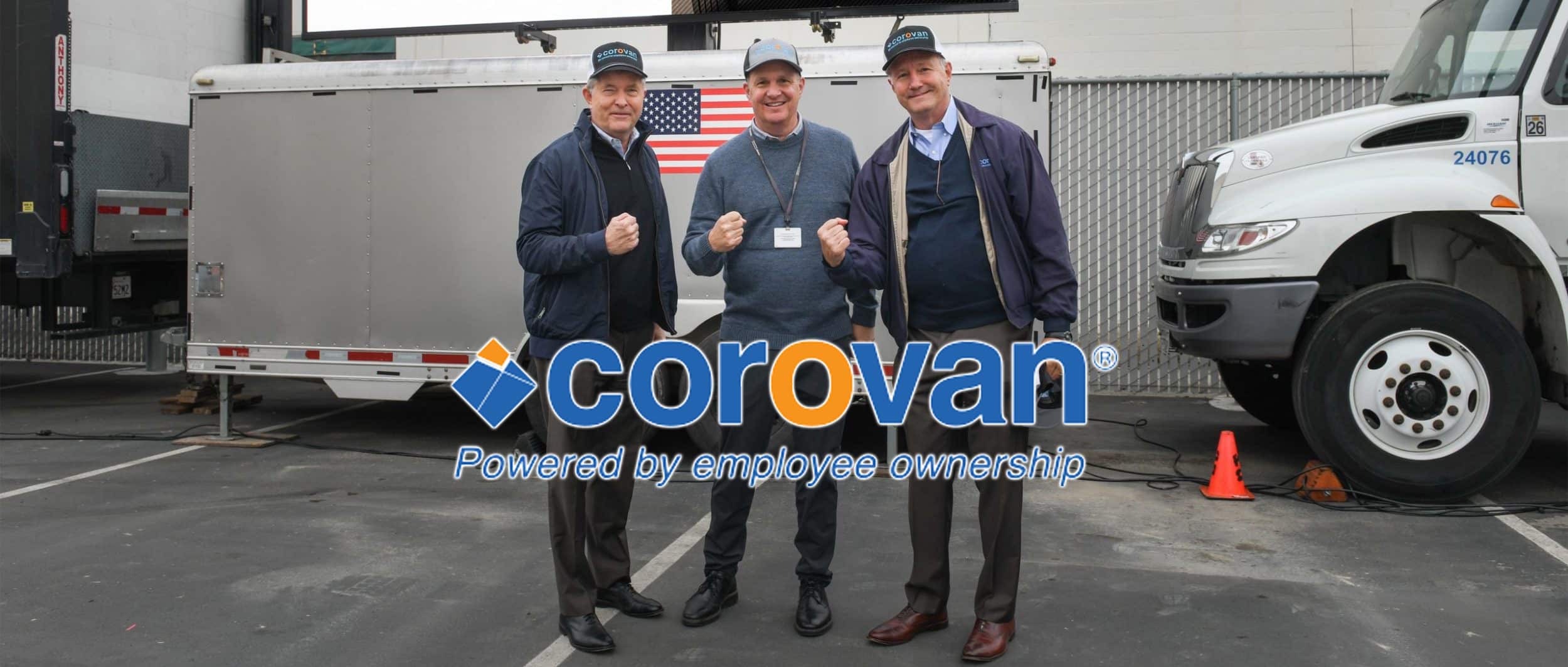S. 1612 – The ESOP Promotion and Improvement Act of 2009:
On August 6, 2009, Senator Blanche L. Lincoln (D-AR) introduced S. 1612, the ESOP Promotion and Improvement Act of 2009. The legislation has four sections, including an entirely new proposal to remove a 35 year bias against ESOP companies by the Small Business Administration.
One, S. 1612 would repeal the punitive 10% penalty tax on S corporations distributions from current earnings, also referred to as dividends, placed on the distributions from current earnings that are passed through to ESOP participants in cash.
Two, S.1612 would clarifY that dividends paid by C corporations on ESOP stock are not a preference item in calculating the corporate alternative minimum tax.
Three, S. 1612 improves the 1042 ESOP tax deferred rollover provisions by (a.) permitting sellers to the ESOP of an S corporation to utilize the ESOP tax benefit referred to as the tax deferred rollover, or the so-called 1042 treatment; (b.) permitting proceeds received from a 1042 transaction to be reinvested in mutual funds consisting of operating U.S. corporation securities; and (c.) redefining what is a 25% owner, for purposes of IRC 1042, as a 25% owner or more of voting stock, or 25% owner or more of all stock of the corporation, instead of current law definition that owning of 25% of any class of stock is a 25% owner for purposes of IRC 1042.
And, four, S. 1612 would eliminate a bias against majority owned ESOP companies by making clear that a nonESOP small businesses currently eligible for any Small Business Administration program is still eligible for the SBA program if becoming a majority owned ESOP company with the same characteristics it had before becoming a majority owned ESOP company. (A majority owned ESOP company is 50% plus owned by the ESOP on behalf of the employees.)
Senator Blanche Lincoln is the Senior Senator from Arkansas elected in 1998 and as the fifth ranking majority member of the Senate Committee on Finance, chairs the Social Security, Pensions, and Family Policy Subcommittee.
Senator Mary L. Landrieu (D-LA) is an original co-sponsor. Senator Landrieu is chair of the U.S. Senate Committee on Small Business and Entrepreneurship
H.R. 3586 – The S Corporation ESOP Promotion and Expansion Act of 2009:
On September 16,2009 Congressman Ron Kind (D .. WI) introduced H.R. 3586, The S Corporation ESOP Promotion and Expansion Act of 2009, to improve and promote S ESOP laws. In general, the bill would: permit owners of S stock to sell their stock to an ESOP under the same treatment C stock of a private company receives under Internal Revenue Code Section 1042, also known as the ESOP cap gains deferred rollover provision: permit a lender to S corporations to exclude 50% of its interest income if the loan is used for a qualified employer securities loan modeled after former IRC Section 133; permit an S ESOP to assume estate tax liability of an estate if S stock of equal value is transferred to the S corporation ESOP; and establish a Federal program in the the Department of Labor to encourage S ESOP creation. H.R 3586 was co-sponsored by Congressman Earl Blumenauer (D-OR).
H.R. 692 – To amend the Internal Revenue Code of 1986 to exclude from gross income compensation received by employees consisting of qualified distributions of employer stock:
Introduced on January 26, 2009 by Congressman Dana Rohrabacher [R-CA-46], H.R. 692 would exempt from tax the value of company stock paid directly to an employee if the employee holds the stock for at least 10 years. This proposal would be most suitable for a publicly traded company. As such, H.R 692 is the first to encourage employee ownership in a publicly traded company over the 2001 law. The 2001 law expanded the federal tax deduction for dividends paid on ESOP stock to permit a deduction for dividends reinvested by the employee back to the plan to acquire more company stock.
H. Con. Res. 204 .. Expressing continued support for employee stock ownership plans:
Introduced on October 22,2009 by Congressman Maurice Hinchey [D-NY-22], H. Con. Res. 204 expresses continued support for employee stock ownership plans. The text of the resolution follows:
Whereas in the Employee Retirement Income Security Act of 1974, Congress codified a technique of corporate finance which utilizes employee stock ownership, officially named an employee stock ownership plan (ESOP);
Whereas in the 35 years since the statutory recognition ofESOPs, there have been ample data collected by objective research indicating that the vast majority of corporations sponsoring employee stock ownership through ESOPs are high performing companies that, among other indicia of high performing companies, have better sales, are more sustainable, pay better, and provide more retirement savings compared to similar companies that are not employee-owned; and
Whereas Congress, in more than 15 laws since 1974, has made it explicit that ESOPs are to serve the dual purpose of providing retirement savings and stock ownership for employees, as well as being a financing technique for corporations:
Now, therefore, be it resolved by the House of Representatives (the Senate concurring), that Congress expresses its continued support for
employee stock ownership plans.







